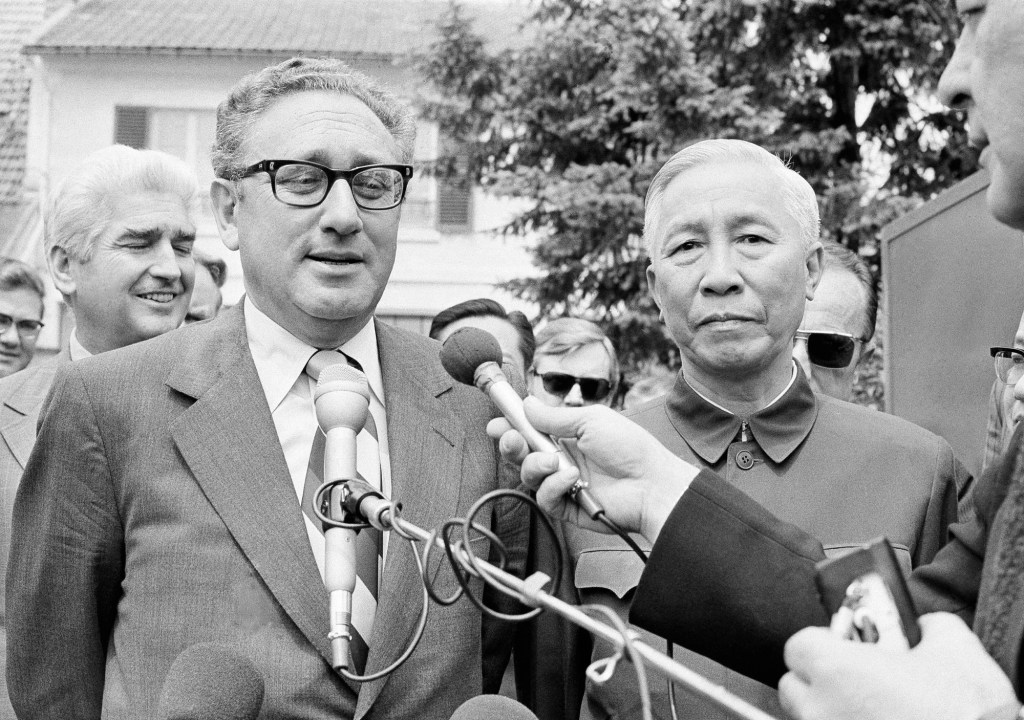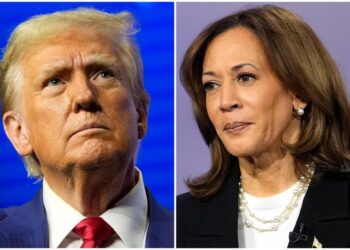By Foster Klug and Geir Moulson | Associated Press
TOKYO — The death of former U.S. Secretary of State Henry Kissinger drew both admiration and scorn Thursday from political leaders around the world, highlighting the complicated legacy of Kissinger’s views about what it meant to serve America’s interests during the Cold War — and how the country should exert its influence.
Kissinger, who died Wednesday at 100, was one of America’s most powerful diplomats. During his years serving under Presidents Richard Nixon and Gerald Ford, he shaped the country’s foreign policy in ways that led to breakthroughs, including normalizing U.S.-China relations and advancing detente with the Soviet Union.
But during Kissinger’s tenure the U.S. also overlooked the rise of brutal regimes in other countries, and critics argue his approach ran counter to democratic ideals and left lasting damage throughout the world.
U.S. Secretary of State Antony Blinken, who said he was among those who sought out Kissinger’s counsel through the decades, said “to serve as America’s chief diplomat today is to move through a world that bears Henry’s lasting imprint — from the relationships he forged, to the tools he pioneered, to the architecture he built.”
Blinken’s tone was echoed by others who hold or held high-ranking positions, including former President George W. Bush and former British Prime Minister Tony Blair, Japanese Prime Minister Fumio Kishida, China’s President Xi Jinping and European Commission President Ursula von der Leyen.
The White House had yet to issue a formal statement on Kissinger’s death as of early Thursday afternoon, but National Security Council spokesman John Kirby called his passing a “huge loss.”
“This was a man — whether you agreed with him or not, whether you hold the same views or not — he served in World War II, bravely in uniform, and for decades afterward, which I we can all be grateful for and appreciate, just the public…
Read the full article here







